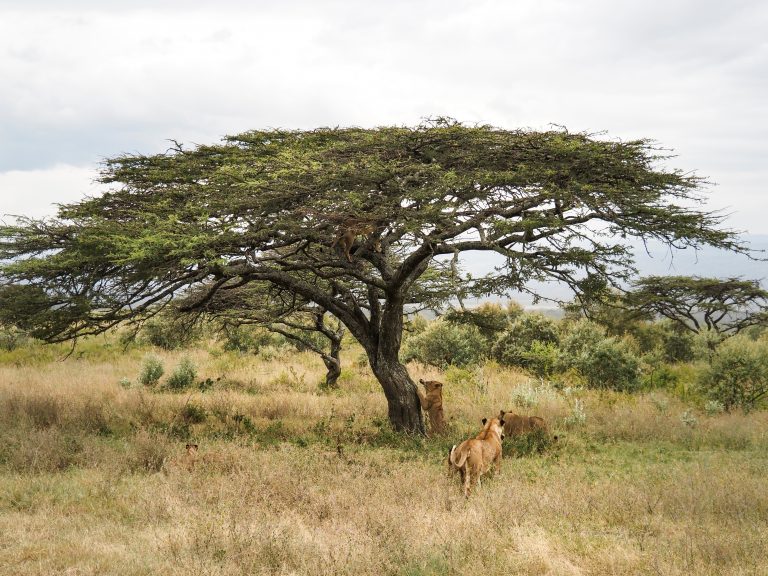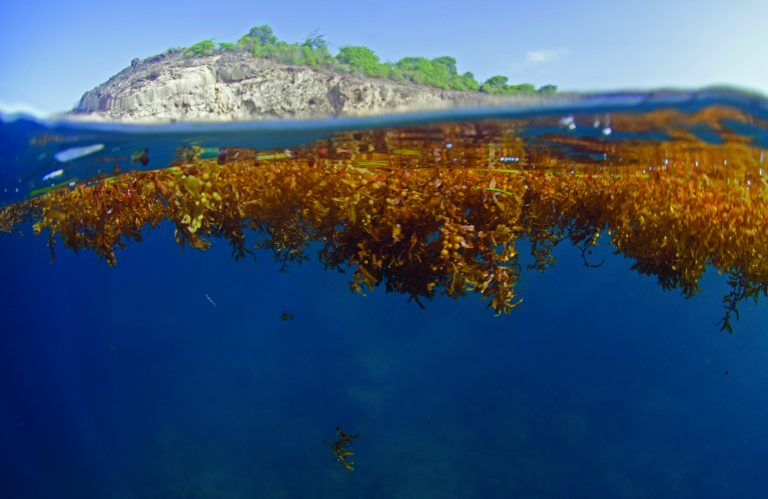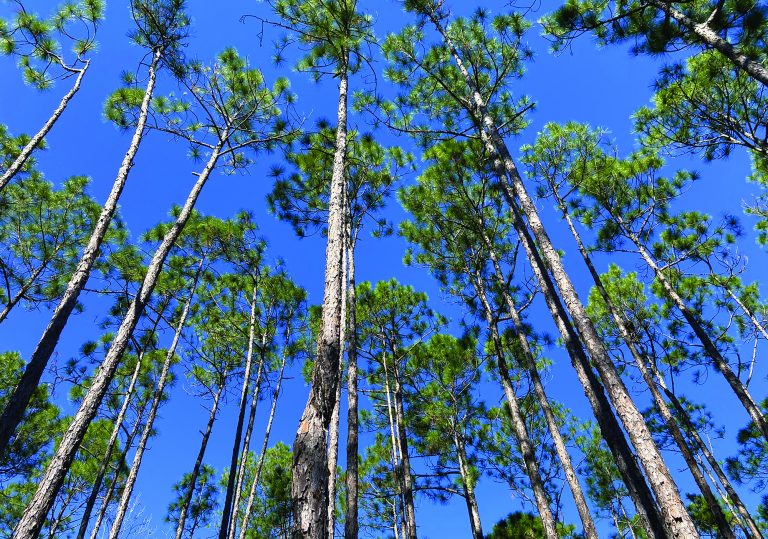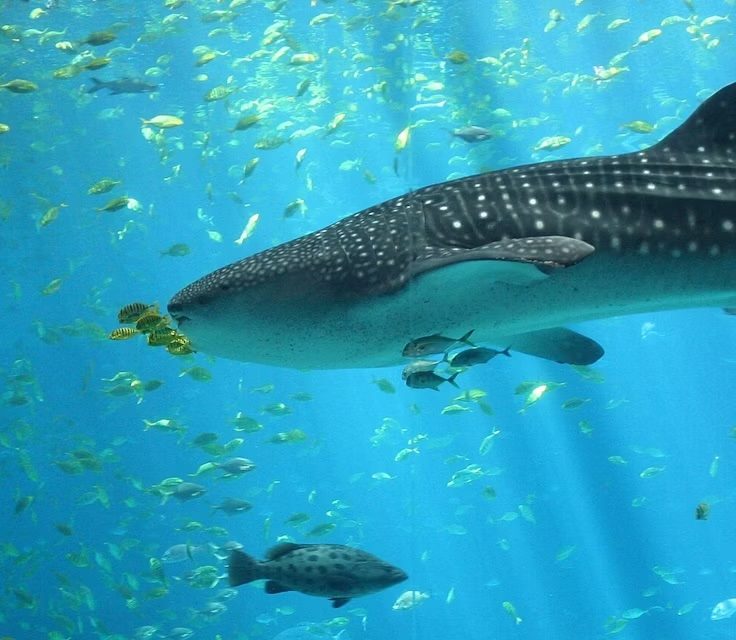Research Roundup: Ants, tides, off-world lava, and carbon sinks
Faculty and researchers collaborate and innovate to gain a deeper understanding of our world
TINY ANTS DISRUPT LIONS’ HUNTING GAME
Scientists revealed how a small but mighty invasive ant species is disrupting East African ecosystem dynamics, making hunting hard for the revered lion. Investigated by ecologist TODD PALMER, the research spans three decades, using hidden camera traps, satellite tracking of lions, and statistical modeling.

Historically, native ants protected acacia trees from large herbivores, but invasive ants have destroyed these bodyguard colonies, leaving the trees vulnerable. With a decline in the tree cover, lions now struggle to hunt preferred prey like zebras and are resorting to more challenging prey like buffaloes. The study highlights the intricate connections among species and the profound impact of seemingly minor disruptions on ecosystem stability. Researchers aim to understand the long-term effects of this shift and find solutions to preserve tree cover in these special environments.
Story first reported by UF News.
TURNING OF THE TIDE
Sargassum colonies, crucial to Atlantic Ocean ecosystems, have surged recently but remained enigmatic until now. In a groundbreaking study led by UF’s Department of Biology and Archie Carr Center for Sea Turtle Research, researchers investigated the thermal properties of sargassum, a floating brown algae found in large colonies in the ocean.

Led by alumna ALEXANDRA GULICK, PhD candidate NERINE CONSTANT, the center’s Director KAREN BJORNDAL, and Associate Director ALAN BOLTEN, since deceased, the study revealed sargassum colonies maintain higher temperatures than surrounding open water by absorbing solar heat. This impacts organism development and growth, as colonies serve as vital habitats for marine species by providing shelter and food sources.
The research, part of the Greenpeace Pole to Pole expedition in the Sargasso Sea, will extend to other expanding sargassum areas. The goal is to understand its impact on fauna amid climate change, as well as to quantify responses to temperature changes and gain insights into the broader implications of sargassum proliferation.
Story first reported by UF News.
A STRANGE LAVA WORLD
Astronomers have discovered the nearest young Earth-sized planet ever observed. It’s located near its sun-like star in the vicinity of the Big Dipper constellation. Despite its harsh environment with scorching temperatures and possible lava oceans, this young planet offers insights into the evolution of planets similar to ours.

Discovered with data from the Gaia and TESS telescopes, the planet orbits its star every four days, displaying rapid motion. Led by University of Florida astronomy doctoral student BEN CAPISTRANT and colleagues from UW-Madison, the findings provide a unique opportunity to study atmospheric loss in young planets, which is crucial for understanding their habitability. With an age of approximately 500 million years, the planet’s youth allows scientists to investigate previously unobserved processes.
Story first reported by UF News.
A TALE OF TWO FORESTS
A new analysis of U.S. Forest Service data reveals how climate change reshapes forests across the United States. The study, led by UF biologists J. AARON HOGAN and JEREMY W. LICHSTEIN, reveals a stark regional imbalance in forest productivity. The Western U.S. is experiencing slowdowns in tree growth and survival due to severe climate impacts, while the Eastern U.S. is seeing accelerated growth.

These changes have implications for the forest’s ability to act as carbon sinks, as drought-impacted regions in the West may experience increased carbon storage, potentially exacerbating climate change.
The study examined data from 1999 to 2020, encompassing more than one million trees, and emphasizes the urgent need for emissions reduction to maintain forest health. The researchers stress the importance of collaborative efforts to achieve net-zero emissions and ensure the resilience of forest ecosystems in the face of climate challenges.
Story first reported by UF News.
Discover more of the college’s exciting new research developments here(opens in new tab).


